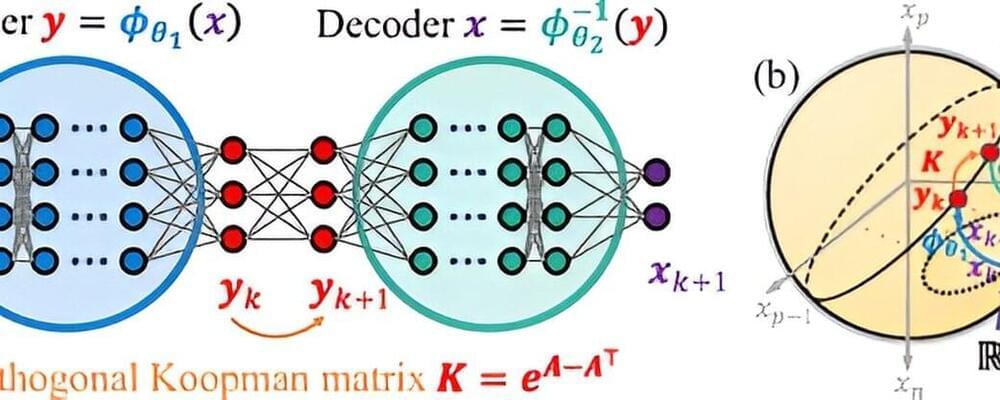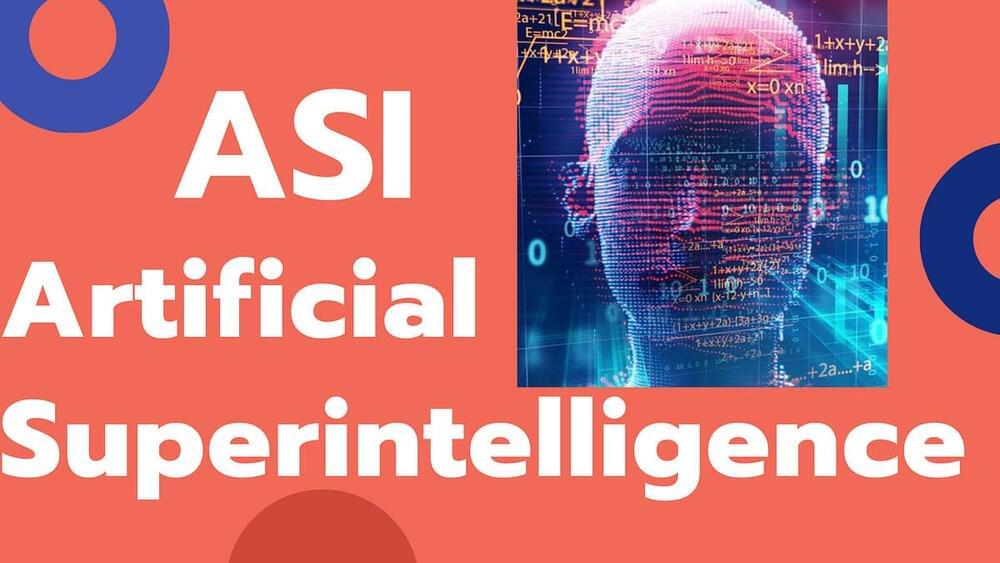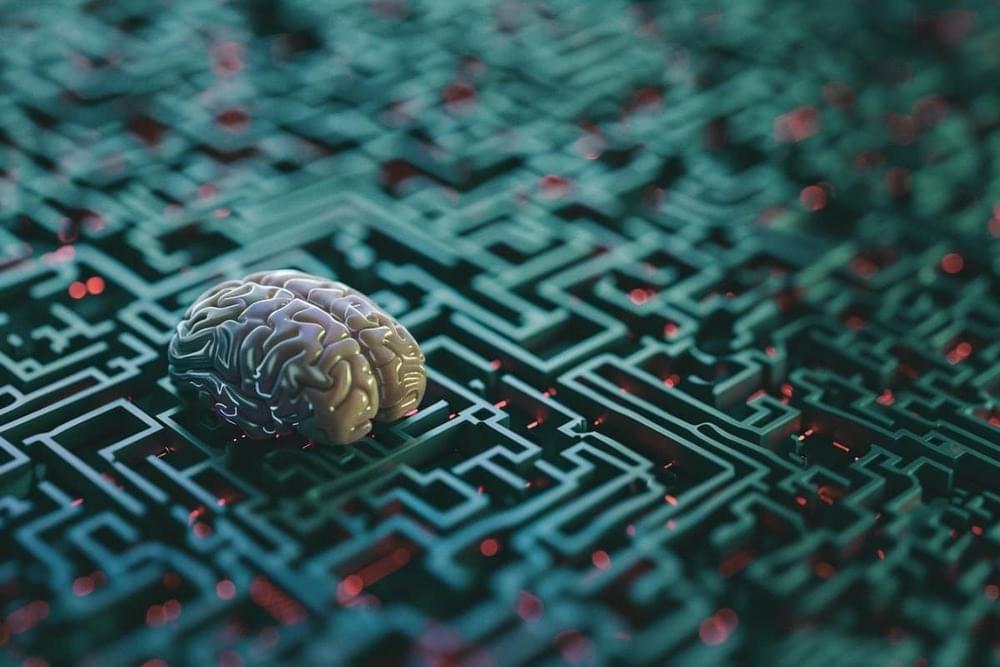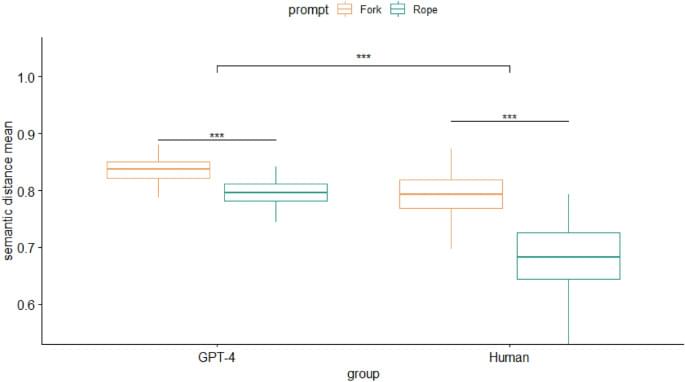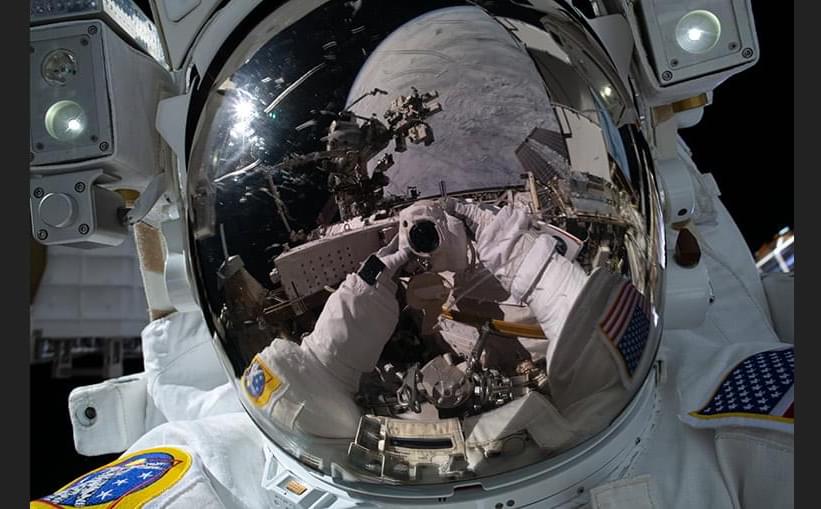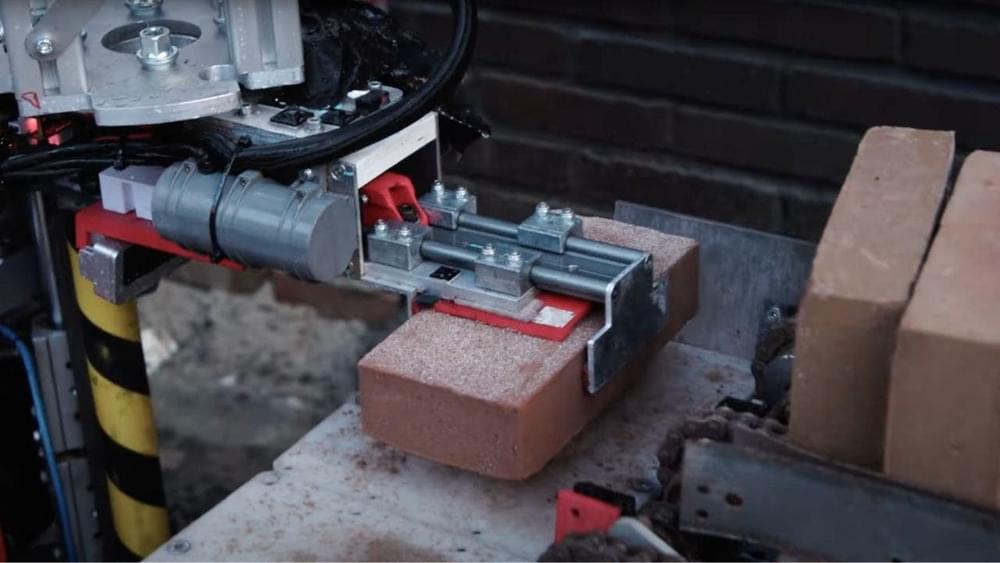For better or for worse, generative AIs continue to evolve by leaps and bounds with each passing day, a fact that has once again been proven by Google’s DeepMind team with the reveal of Genie, a new AI-powered model capable of creating entire games from just a single image prompt. Trained without any action labels on a large dataset of publicly available Internet videos, Genie can turn any image, whether it’s a real-world photograph, a sketch, an AI-generated image, or a painting, into a simplistic 2D platformer, with the team noting that this approach is versatile and applicable across various domains. Moreover, developers highlight that this new model opens the door for future AI agents to be trained “in a never-ending curriculum of new, generated worlds.”

